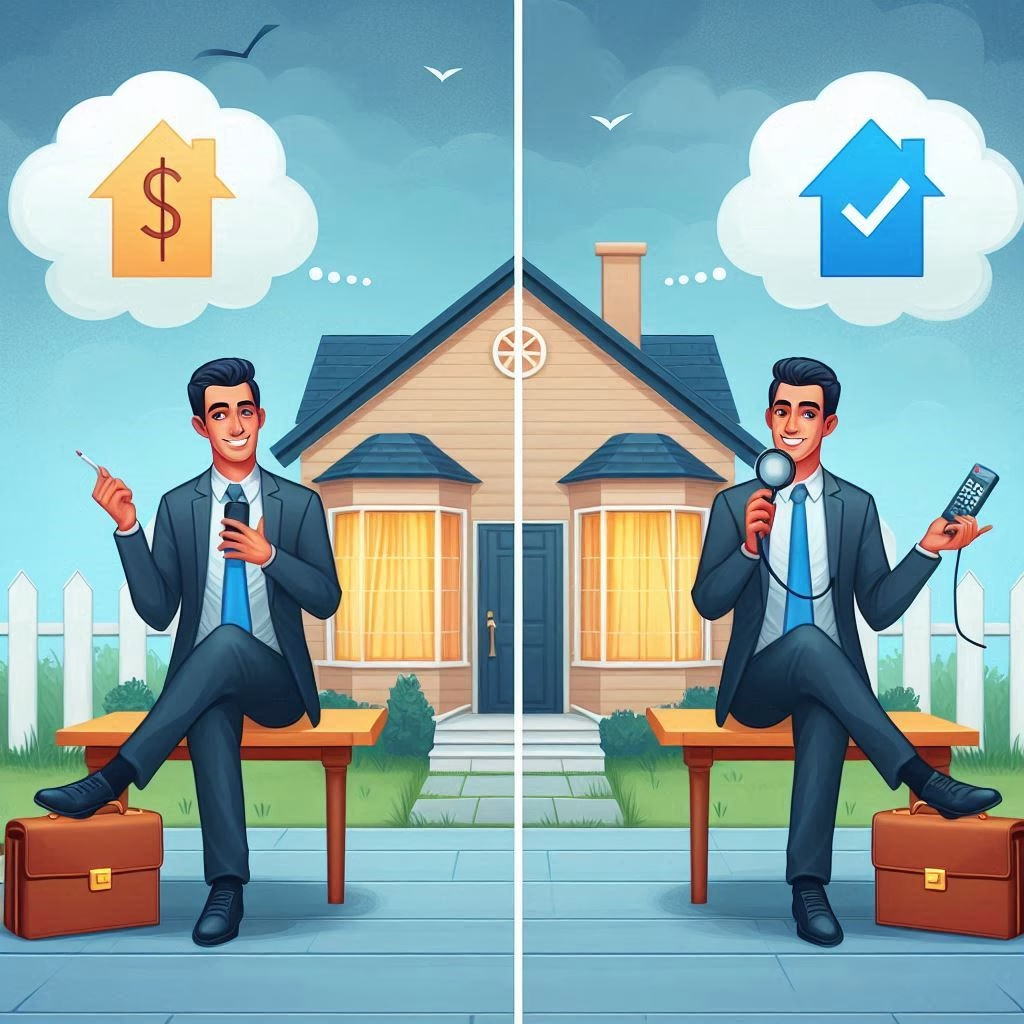What are the Closing Costs When Buying A Home?
Buying a house is often celebrated as a major life achievement—a beautiful culmination of dreams, savings, and a fair bit of stress. Yet, many first-time buyers are surprised when they reach the final stretch: the closing. It’s not just a ceremonial handshake and key handoff. It’s the moment when thousands of dollars—beyond your down payment—change hands in the form of closing costs. But what exactly are closing costs, and why do they matter?
Let’s unpack the mystery behind these fees and explore ways to prepare, reduce, and even negotiate them smartly.
💸 What Are Closing Costs?
Closing costs are the fees and expenses you pay when finalizing the purchase of a home. These are separate from the down payment and can range anywhere from 2% to 5% of the home’s purchase price, depending on your location, lender, and the specific services involved.
For example, if you’re buying a $250,000 home, expect to pay between $5,000 and $12,500 in closing costs. Yes, that’s a significant chunk—and one that buyers often overlook until they’re knee-deep in paperwork.
📝 Common Types of Closing Costs
Let’s break down what these costs typically include:
1. Loan Origination Fees
- Fee charged by the lender for processing your loan.
- Often 0.5%–1% of the loan amount.
2. Appraisal Fee
- Paid to a professional to assess the fair market value of the home.
- Cost: ~$300 to $500.
3. Credit Report Fee
- Fee for the lender to pull your credit score.
- Cost: ~$30 to $50.
4. Underwriting Fees
- Covers the evaluation of your financial risk as a borrower.
- Cost: ~$400 to $600.
5. Title Search and Title Insurance
- Title search ensures the seller has legal ownership of the property.
- Title insurance protects against future legal claims.
- Combined cost: ~$500 to $1,500.
6. Survey Fee
- If required, it verifies the property’s boundaries and dimensions.
- Cost: ~$300 to $800.
7. Homeowners Insurance
- You must show proof of insurance before closing.
- Annual premium paid upfront: ~$500 to $1,500.
8. Property Taxes and Escrow Fees
- You may be required to prepay a portion of the annual property tax.
- Escrow accounts might also collect funds for insurance and taxes.
9. Recording Fees
- Paid to your local government for recording the property deed.
- Cost: ~$25 to $250 depending on location.
🧠 Why These Costs Exist
Each item plays a role in protecting buyers, sellers, and lenders. Appraisals prevent buyers from overpaying. Title searches shield against ownership disputes. Insurance mitigates future risks.
So although they seem like miscellaneous fees, closing costs are safeguards wrapped in dollar signs.
📍 Location Matters: How Closing Costs Vary
Closing costs fluctuate dramatically depending on where you’re buying. For example:
| Location | Estimated Closing Costs (% of home price) |
|---|---|
| New York City | 4%–5% |
| Texas | 3%–4% |
| California | 2%–3.5% |
| Florida | 2.5%–3.5% |
| Illinois | 2%–3% |
Note: Some states require attorneys at closing, which could increase total costs.
🧮 How to Estimate Your Closing Costs
The best way is to use a closing cost calculator or ask your lender for a Loan Estimate early in the process. This document outlines expected costs and gives you time to prepare.
Most calculators will factor in:
- Home price
- Location
- Loan amount
- Insurance premiums
- Taxes
💡 Tips to Save on Closing Costs
You don’t have to simply accept every fee on the list. Here are smart ways to minimize the financial blow:
✅ Compare Lenders
Not all lenders charge the same fees. Get at least three quotes to compare origination and underwriting fees.
✅ Negotiate with the Seller
In competitive markets, sellers may agree to cover part or all closing costs to sweeten the deal.
✅ Ask About Discounts
Some lenders waive certain fees for loyal customers, veterans, or first-time buyers.
✅ Close Near Month-End
This can reduce prepaid interest charges, potentially saving you hundreds.
✅ Review Every Line
Ask your lender to explain any unclear charges. Mistakes can and do happen, especially in rushed closings.
📚 What’s Next After Closing?
Once the paperwork is signed and the funds are transferred, the home is officially yours. But your expenses aren’t over. You’ll need to budget for:
- Moving costs
- Utilities setup
- Furniture and appliances
- Maintenance reserves
So don’t let closing costs drain your reserves completely—plan ahead.
🪴 Planting Financial Wisdom
Just like gardening, buying a home is a process that flourishes with careful planning and nurturing. Skipping the “soil testing” of closing cost details can lead to unexpected financial weeds. But with awareness, negotiation, and strategic timing, you can cultivate a deal that’s healthy and sustainable.
Whether you’re saving for your dream home, helping clients, or educating yourself for a future purchase, understanding closing costs arms you with clarity and confidence.
✨ Final Thoughts
Closing costs aren’t a hidden trap—they’re an essential part of the real estate process. By demystifying them, we empower ourselves and others to make smarter, informed decisions.
Stay curious, stay prepared, and most importantly—don’t just invest in property. Invest in your knowledge.




